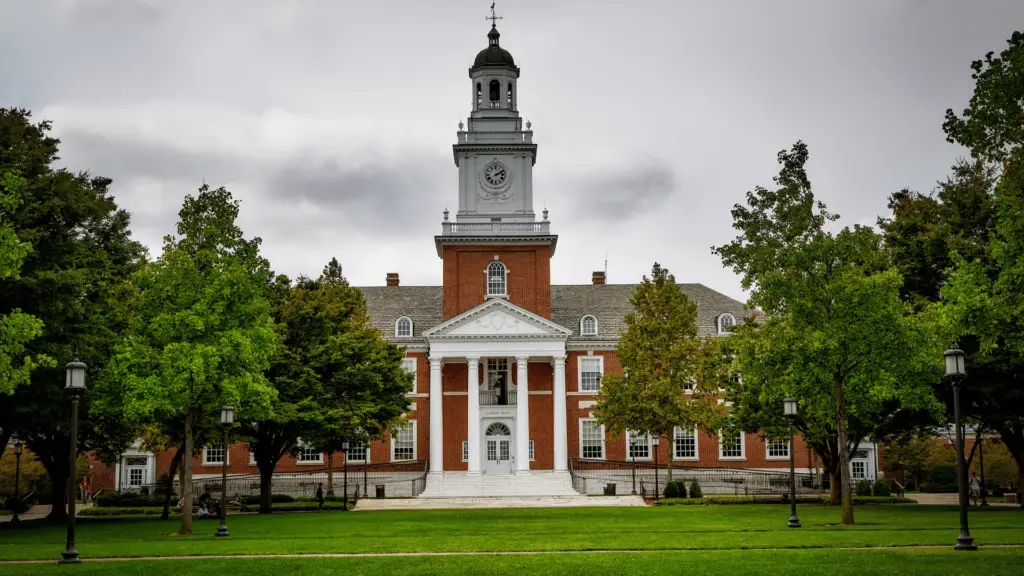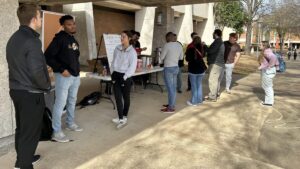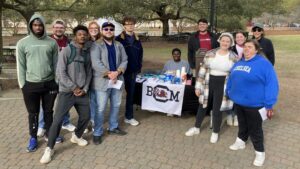In the history of revival in America, you can almost always count on two things being present: prayer and university students.
As university campuses are growing while the total number of churches in our denomination is declining, we have been called to do our part by collegiate church planting.
What is collegiate church planting? Simple. It’s church planting that occurs in university cities with an expressed missional focus on engaging, reaching, maturing and sending college students.
Does that mean that only college students attend these plants? No.
What it does mean is this: All who do choose to covenant together in the planting of this new church understand the value and Kingdom sending potential that the campus holds.
It’s heartbreaking how many of our churched students walk away from the church after high school while simultaneously stepping into one of the most significant times of growth and maturity of their lives.
Decisions, beliefs and habits that are formed in college will carry them through adulthood. It is a pivotal junction.
If the church is not present and active on university campuses and in the lives of university students, we stand to lose the Gospel’s influence on tomorrow’s leaders who walk the campuses of today.
What other mission field sees an incredible mass movement of new people into your city at the same time every year and yet has a natural sending mechanism where just as many leave your city yearly?
We have eight semesters and three summers to change the world.
This is why we plant churches where college students are the tip of our missional spear. We plant with the intention of reaching lost students – students like Montana who was paired with a random lab partner her freshman year. That lab partner was one of our members named McKayla. McKayla invited Montana to church, and because Montana was seeking community she decided to come.
While at the service, Montana reconnected with Evie who she had another class with the previous semester. Evie and Montana went out for frozen yogurt after the service, and Evie was intentional to ask Montana about her story. Montana shared and then reciprocated. Evie shared about her walk with Christ and how Jesus had radically changed her life.
That night, alone in her dorm room, Montana realized she didn’t have what Evie had. She realized her need for Jesus and gave her life to Him.
Montana represents one of 22 million students on campuses across the U.S. and one of 350,000 in Alabama. We as churches, BCMs and church plants have the opportunity to change tomorrow by engaging the lostness of the university campus today.
The question remains; When the mission field moves into our city, will we be found faithful to meet them with the good news of the Gospel of Jesus?



